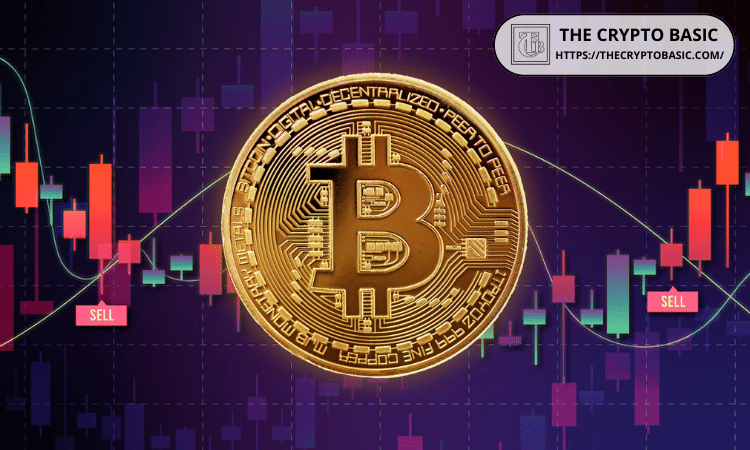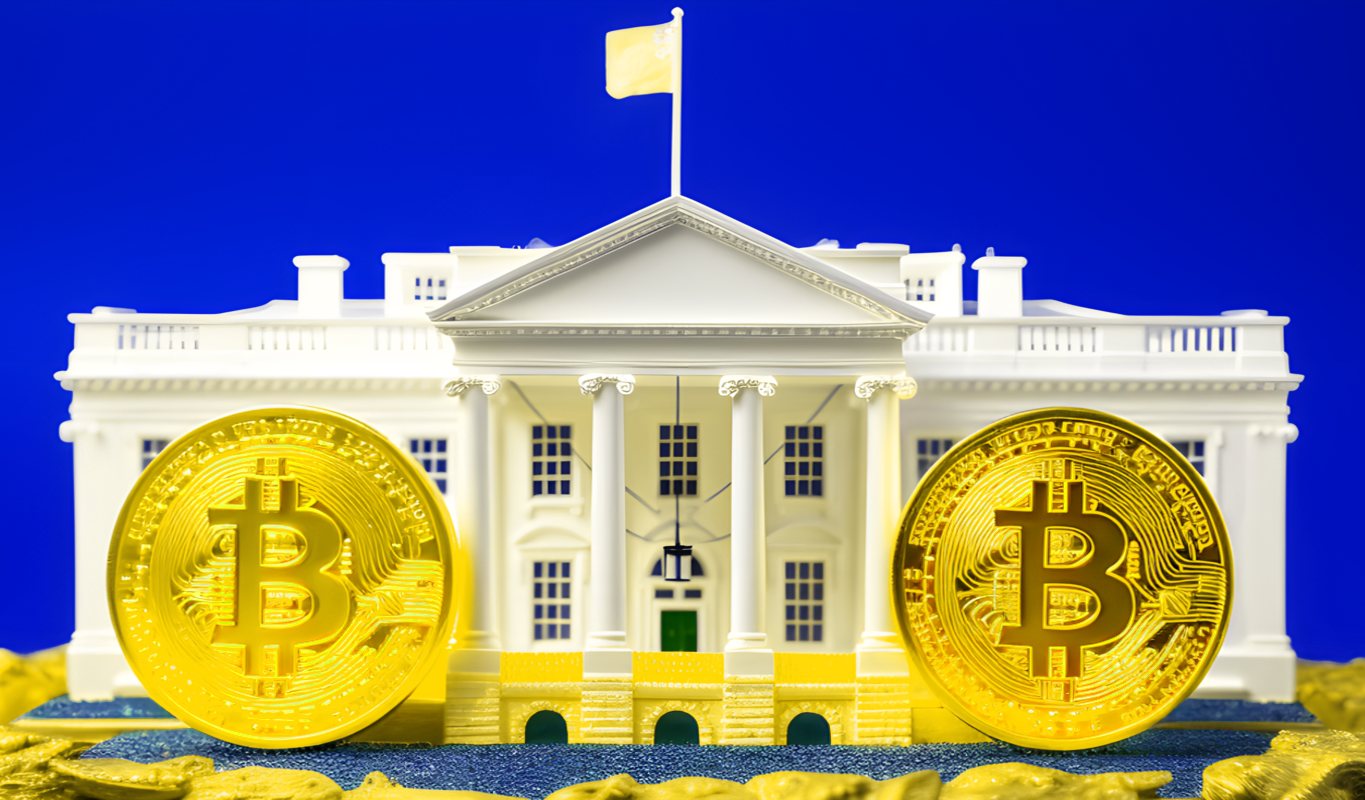The U.S. could acquire $200 billion worth of Bitcoin and save an estimated $354 billion in the process, according to Andrew Hohns, CEO of Newmarket Capital.
During the Bitcoin For America event, Hohns presented a strategy that uses Bitcoin in bond issuance to cut government borrowing costs. The plan could also benefit from Bitcoin’s long-term growth.
A Groundbreaking Bond Structure
Hohns’ proposal involves issuing $2 trillion in bonds, where 10% of it, around $200 billion, would be invested directly into Bitcoin. The remaining 90 percent would be used for government operations.
Notably, the plan involves issuing the bonds at a 1% interest rate, significantly lower than the current U.S. 10-year Treasury rate of 4.5%. This would lead to annual savings of 3.5%, or $70 billion, on the $2 trillion total. Over 10 years, this amounts to $700 billion in savings.
After considering the $200 billion cost of acquiring Bitcoin, the net savings on interest would be approximately $554 billion in present value terms. Thus, the government could acquire $200 billion in Bitcoin and save $354 billion on interest payments.
Bond investors would receive an annual return of 4.5%, while also benefiting from a share of any Bitcoin gains. Specifically, both the U.S. government and investors would split any appreciation in Bitcoin. Additionally, Hohns proposed that gains from the Bit Bonds be exempt from income and capital gains taxes, providing a potential tax advantage for American households.
Bitcoin’s Role in Reducing National Debt
The plan aims not only to reduce borrowing costs but also to leverage Bitcoin’s potential for substantial appreciation to help manage the U.S. national debt. If Bitcoin continues its historical growth rate of 37% annually, the government’s Bitcoin holdings could surpass $1.7 trillion by 2035 and potentially exceed $50 trillion by 2045. This could play a crucial role in reducing the national debt over time.
In addition, the strategy aligns with Treasury Secretary Bessent’s goal of diversifying debt maturities to reduce refinancing risks. Hohns emphasizes that this proposal offers a “win-win-win” scenario, benefiting taxpayers, investors, and policymakers alike.
Expert Support for Bitcoin-Based Debt Management
The concept of using Bitcoin to address national debt has gained traction from other financial experts, such as Matthew Sigel, Head of Digital Asset Research at VanEck.
Sigel has proposed a similar approach to help manage the U.S. government’s $14 trillion debt. His version involves using the bond proceeds to purchase Bitcoin, with investors receiving all Bitcoin gains up to a 4.5% annual return. Any additional gains would be split between investors and the government, creating a shared incentive.
This idea also resonates with Senator Cynthia Lummis, who has advocated for the U.S. government to acquire Bitcoin as a strategy to reduce national debt. Lummis proposed that the U.S. acquire 200k BTC tokens annually over five years to reach 1 million units. She believes this could cut the national debt by as much as 50% over the next two decades.
















No comments yet